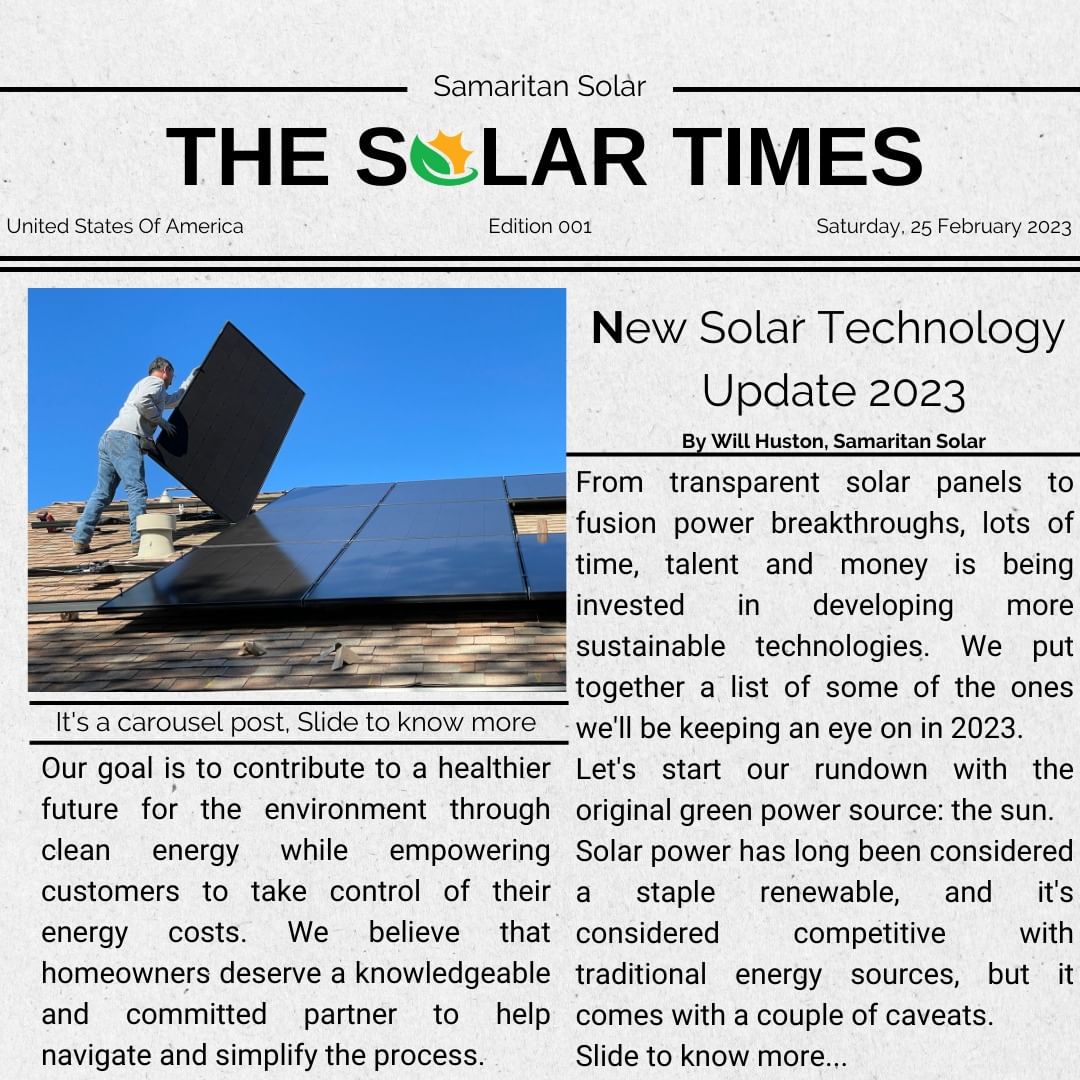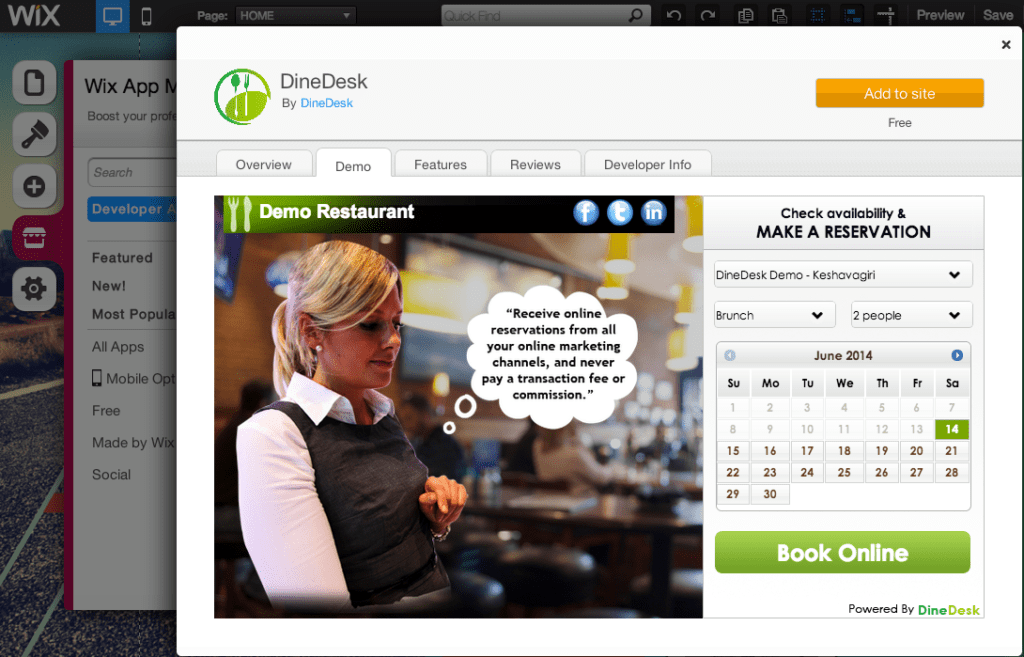
Case Study - Technology Company
Introduction
DineDesk is a comprehensive Front of House (FOH) management solution designed to streamline operations and enhance customer experiences in the restaurant industry. This case study explores the key deliverables of DineDesk's go-to-market strategy, digital marketing efforts, social media marketing, and sales initiatives.
Our Offerings
GO TO MARKET
To effectively launch DineDesk in the market and gain a competitive edge by targeting key customer segments.
DineDesk identified its primary target market as medium to large-scale restaurants, chains, and hospitality groups looking for a comprehensive FOH management solution. This included fine dining establishments, casual dining chains, and quick-service restaurants (QSRs).
DineDesk positioned itself as a solution that could streamline FOH operations, optimize table management, reduce wait times, improve customer satisfaction, and increase overall operational efficiency. The key value propositions included enhanced reservation management, waitlist optimization, table analytics, and customer relationship management.
To strengthen its market position, DineDesk formed strategic partnerships with reputable restaurant technology providers, point-of-sale (POS) system vendors, and reservation platforms. These partnerships allowed seamless integration with existing restaurant systems, enhancing the overall value proposition for potential customers
Our Offerings
Digital Marketing
To create brand awareness, generate leads, and drive customer engagement through various digital marketing channels.
DineDesk developed a user-friendly and informative website that highlighted its features, benefits, case studies, and customer testimonials. The website was optimized for search engines and designed to convert visitors into leads through lead capture forms.
DineDesk implemented a robust SEO strategy to improve search engine rankings for relevant keywords such as “restaurant FOH management,” “table management software,” and “reservation system.” This helped increase organic traffic and generate qualified leads
DineDesk created and shared valuable content in the form of blog posts, whitepapers, and industry reports. The content focused on addressing pain points faced by restaurant owners and managers, offering solutions and positioning DineDesk as an industry thought leader.
DineDesk utilized email marketing campaigns to nurture leads, provide product updates, and share success stories. Personalized and targeted emails were sent to prospects at different stages of the buyer’s journey to maintain engagement and drive conversions.
Our Offerings
Social Media Marketing
To build an active social media presence, engage with the target audience, and increase brand awareness.
DineDesk identified key social media platforms such as Facebook, Instagram, Twitter, and LinkedIn to reach its target audience effectively. Each platform was leveraged differently based on the nature of the content and the audience’s preferences.
DineDesk developed a social media content strategy that included a mix of informative posts, engaging visuals, customer success stories, and interactive polls. The content aimed to showcase DineDesk’s capabilities and generate interest in the solution.
To amplify its reach and credibility, DineDesk collaborated with influencers in the restaurant industry, including chefs, food bloggers, and industry experts. These partnerships helped increase brand visibility and attract a wider audience.
Our Offerings
Sales
To convert leads into paying customers and drive revenue growth
DineDesk utilized a multi-channel approach to generate leads, including website lead capture forms, content downloads, social media lead ads, and targeted advertising campaigns. Leads were then segmented based on their level of interest and engagement.
DineDesk developed comprehensive sales collateral, including product brochures, case studies, and demo videos. These materials effectively communicated the benefits and features of DineDesk, facilitating the sales process and addressing customer concerns.
DineDesk provided in-depth training to its sales team, ensuring they had a deep understanding of the product and its value proposition. The team was equipped with the necessary knowledge and sales techniques to effectively engage with prospects and convert them into customers.
DineDesk employed personalized sales strategies, offering tailored demonstrations, free trials, and discounts to prospects who showed high interest. This helped overcome objections and facilitated the decision-making process, resulting in a higher conversion rate.
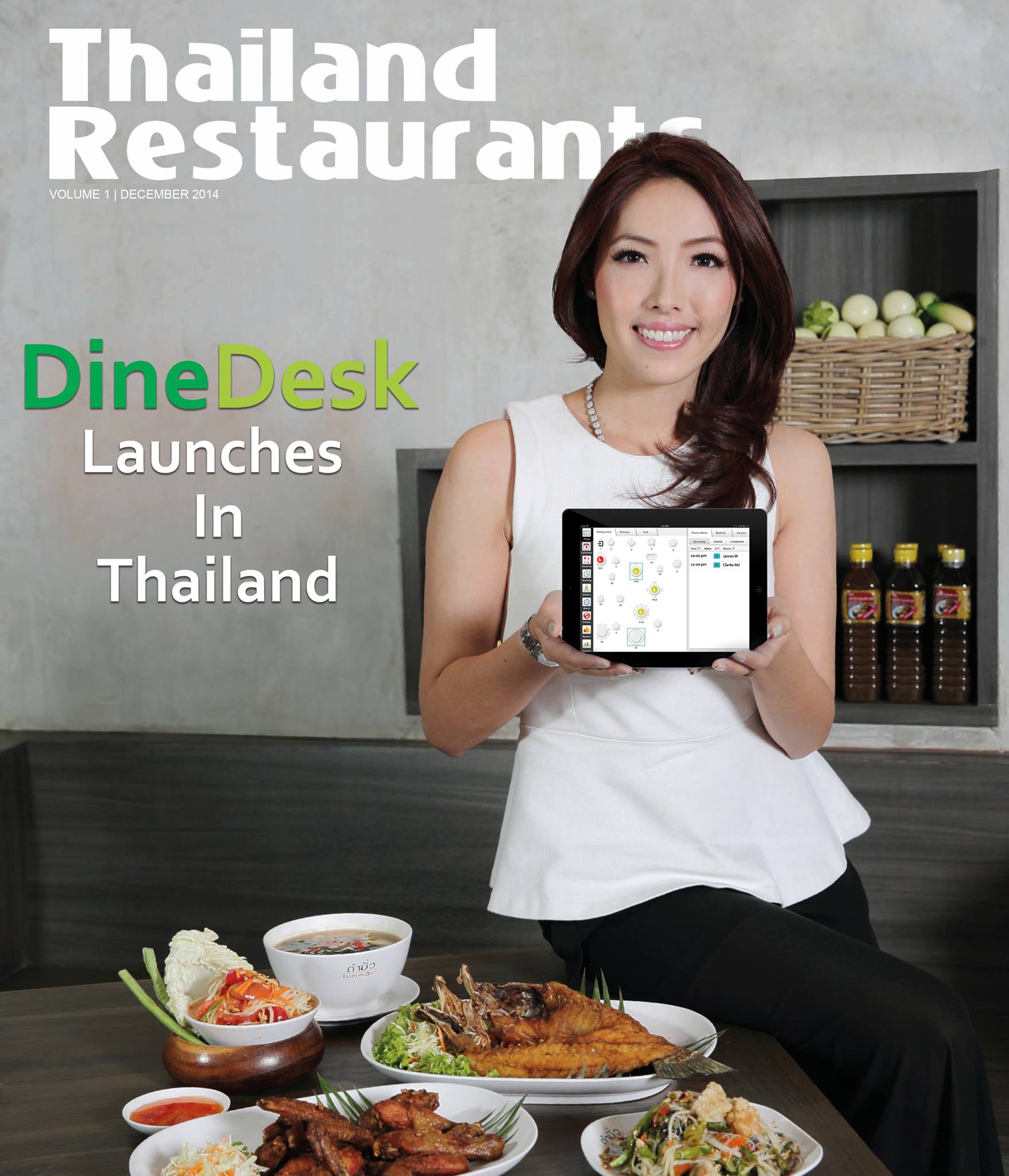


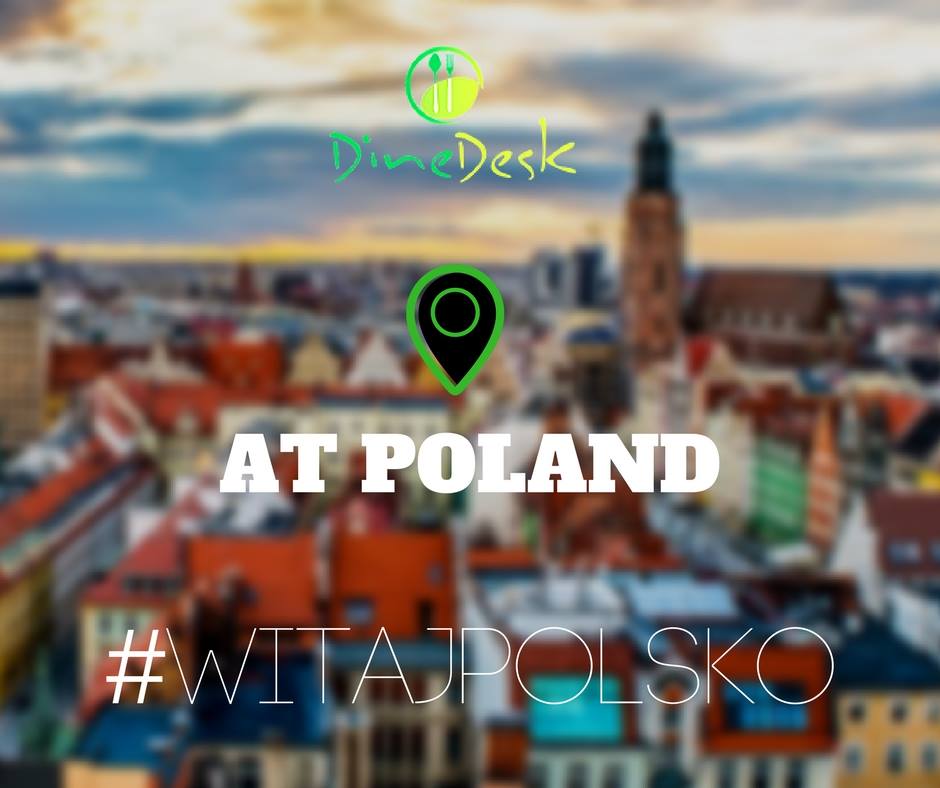
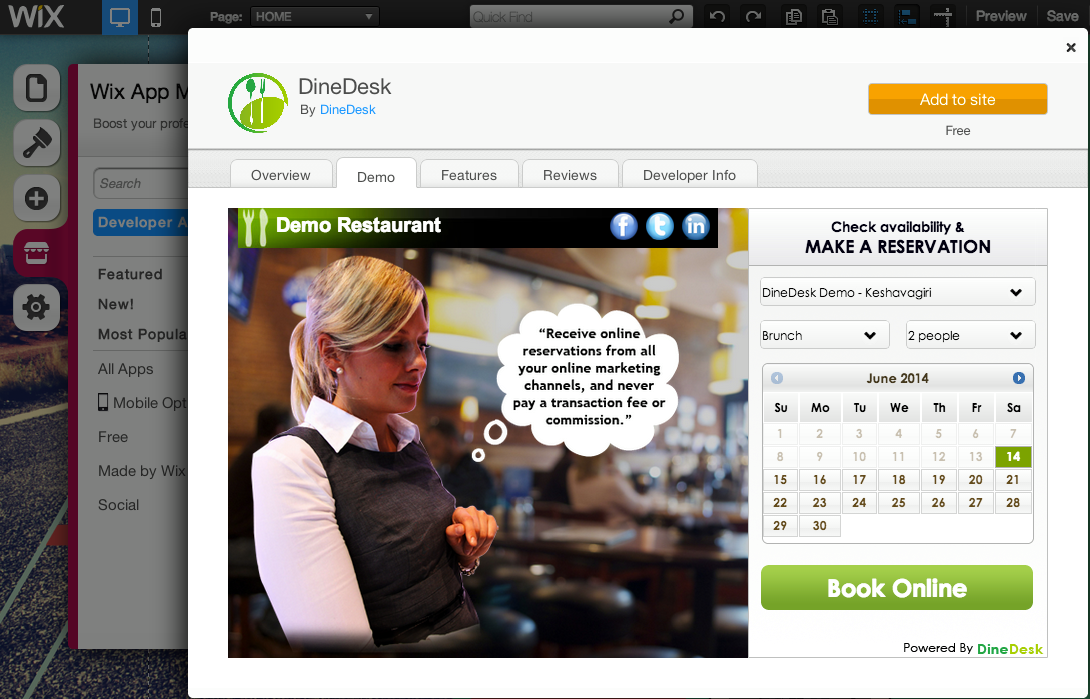
We love to listen your challenges
Reach Us

Case Study - Solar Company
Introduction
Samaritan Solar, a leading Florida-based solar company, embarked on a strategic social media marketing campaign to raise awareness about solar energy solutions, establish their brand authority, and drive qualified leads. This case study explores Samaritan Solar's social media strategies, tactics, and the outcomes achieved through their effective digital marketing efforts.
Samaritan Solar is a reputable solar energy provider serving residential and commercial clients across USA. With a commitment to sustainability and clean energy, the company aims to educate the public about the benefits of solar power and facilitate the transition to renewable energy solutions.
Goals
Objectives
Strategy Development
What we offered
Samaritan Solar conducted thorough market research to identify their target audience, focusing on environmentally conscious homeowners, businesses, and eco-minded individuals across major US states.
he company strategically chose social media platforms that aligned with their target audience’s demographics and behaviors, such as Facebook, Instagram, LinkedIn, and YouTube.
Samaritan Solar developed a comprehensive content strategy that centered on educating and engaging the audience. This included informative articles, visual content, videos, infographics, energy-saving tips, success stories, and updates on renewable energy initiatives
The company collaborated with local environmentalists, sustainable lifestyle influencers, and industry experts to amplify their social media reach, establish credibility, and promote the benefits of solar energy.
amaritan Solar allocated a portion of their marketing budget to targeted social media advertising campaigns, focusing on specific geographic areas and relevant interest groups.
Samaritan Solar consistently shared visually appealing content, including high-resolution images of solar installations, explainer videos, customer testimonials, and interactive quizzes to educate and entertain their audience.
The company developed educational campaigns to address common misconceptions about solar energy, highlight the cost savings, and emphasize the positive environmental impact of going solar.
Samaritan Solar actively engaged with their audience by responding to comments, direct messages, and inquiries promptly. They also organized live Q&A sessions, contests, and giveaways to foster interaction and build relationships.
The company featured case studies and testimonials from satisfied customers who had installed solar systems, showcasing the financial benefits and their experience working with Samaritan Solar.
Samaritan Solar continuously monitored social media metrics, including reach, engagement, website traffic, and lead generation. Based on the insights gathered, they made data-driven decisions to optimize their campaigns for maximum impact.
Our Offerings
Results
Samaritan Solar’s social media presence expanded significantly, resulting in increased brand recognition, a larger follower base, and a wider reach across various platforms.
The company successfully generated a substantial number of high-quality leads through their social media campaigns, resulting in an increase in inquiries, consultations, and solar system installations.
Samaritan Solar witnessed a notable increase in website traffic, with a significant portion originating from social media platforms.
By sharing educational content and collaborating with influencers and industry experts, Samaritan Solar established itself as a credible and trusted authority in the solar energy space.
The company’s active engagement

